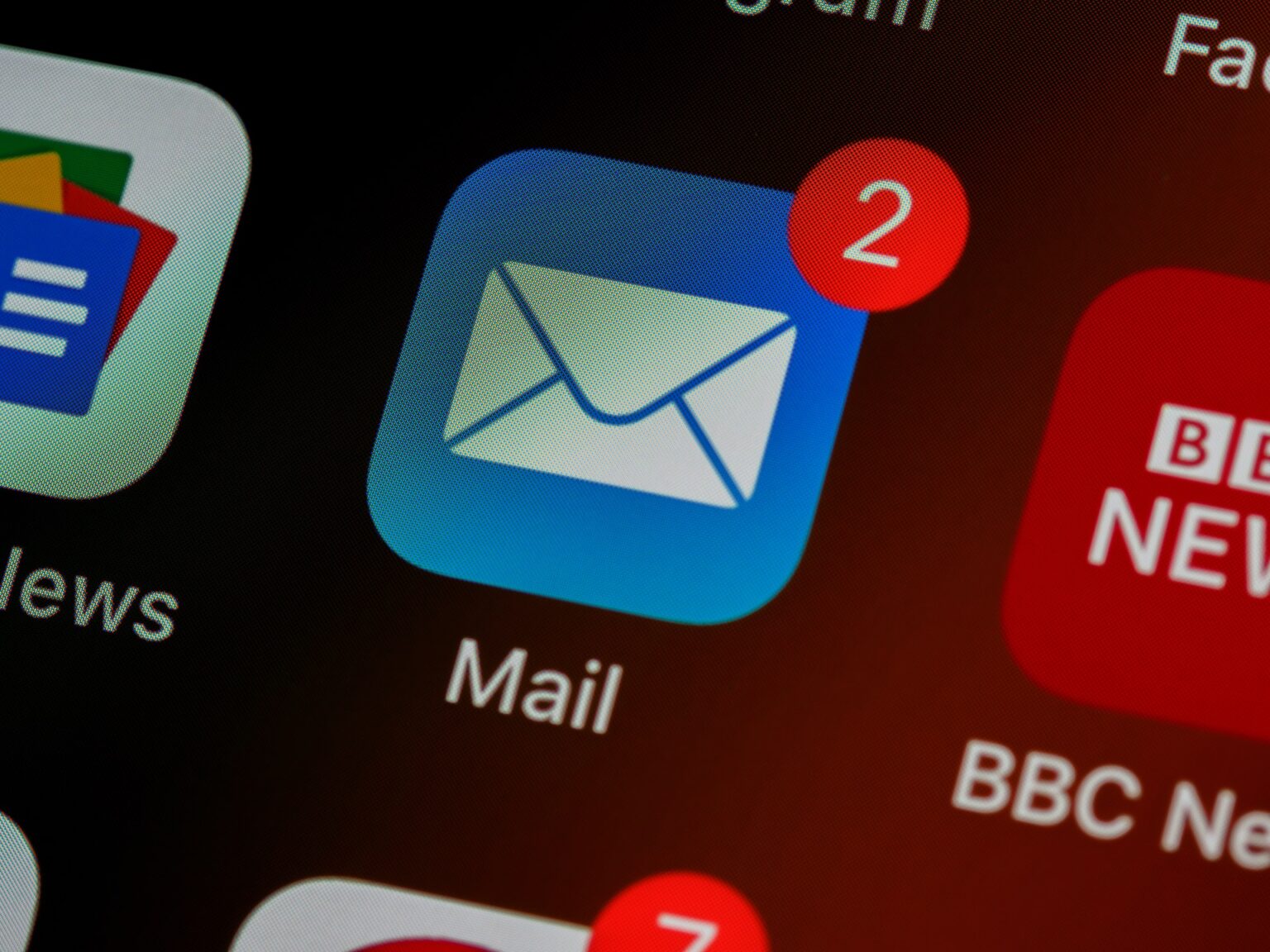Email marketing has been around for decades and is still one of the most effective ways to reach your customers and drive business growth. Despite the rise of social media and other digital channels, email remains an important tool for marketers. In this article, we’ll examine the benefits of email marketing and share tips on how you can use it for your business. .
The Benefits of Email Marketing
- Affordable: Unlike traditional marketing channels, email marketing is affordable and accessible to businesses of all sizes.
- Targeted: Email marketing allows you to segment your audience and send targeted messages to specific groups of customers.
- Measurable: Email campaigns are easy to track, so you can measure their effectiveness and make data-driven decisions.
- Personalization: Email marketing allows you to personalize your messages to create a more engaging and relevant experience for your customers.
- Engaging: Emails are interactive and can contain videos, images, and other multimedia content that grabs your audience’s attention.
- Building Relationships: By delivering valuable and informative content via email, businesses can build trust and loyalty with their customers. This can lead to increased customer retention and word of mouth.
How to Make Email Marketing Work for Your Business Build your list:
The first step to effective email marketing is building a quality email list. Encourage sign-ups and ensure your opt-in form is prominently displayed on your site.- Segment your list: Once you’ve created your mailing list, segment it into different groups based on customer behavior, interests, or demographics.
- Shape your message: Craft a compelling subject line and email body that directly communicate your audience’s needs and interests.
- Optimized for Mobile: With more and more people accessing their email on mobile devices, it’s important to optimize your email for mobile screens.
- Test and improve: Constantly test and improve your email campaigns to improve open rates, click-through rates, and other key metrics.
- Timing: Timing is essential in email marketing. Send emails at a time when people are more likely to check their emails. Sending emails on weekends or after business hours may not yield the results you expect.
- Personalization: Personalize your emails by naming recipients, sending personalized product recommendations, and adding personalized content.
- Follow email marketing laws: It’s essential to follow email marketing laws such as the CAN-SPAM Act. The CAN-SPAM Act requires businesses to include an opt-out option and physical mailing address in the email of all email records.
Types of Email Campaigns to Consider
There are many types of email campaigns you can create, each with its own goals and objectives. Here are a few examples:- Welcome Emails: Welcome emails are the first emails a new subscriber receives from your brand. They’re an opportunity to make a good first impression and set the tone for your relationship with the subscriber.
- Promotional Emails: Promotional emails are designed to promote a product, service, or sale. They can be sent to your entire list or targeted to specific segments based on interests or behaviors.
- Newsletter emails: Newsletter emails provide subscribers with regular updates on business, industry updates, and other relevant content. They help establish your brand as a thought leader and keep your subscribers engaged.
- Abandoned cart email: Abandoned cart emails are sent to customers who have added items to their cart but have not completed their purchase. It helps you regain lost sales and encourage customers to complete purchases.
Tips for Creating Effective Email Campaigns
Here are some additional tips to keep in mind while creating your email campaigns.- Keep it simple: Your email should be easy to read and easy to navigate. Use clear, concise language and avoid over design.
- Add a clear call to action: All emails should include a clear call to action telling subscribers what to do next. Be consistent: Create and stick to consistent delivery schedules. This helps you build and maintain trust with your subscribers.
- Provide value: Make sure your emails provide value to your subscribers. This can be exclusive discounts, helpful tips, informative content, and more.

